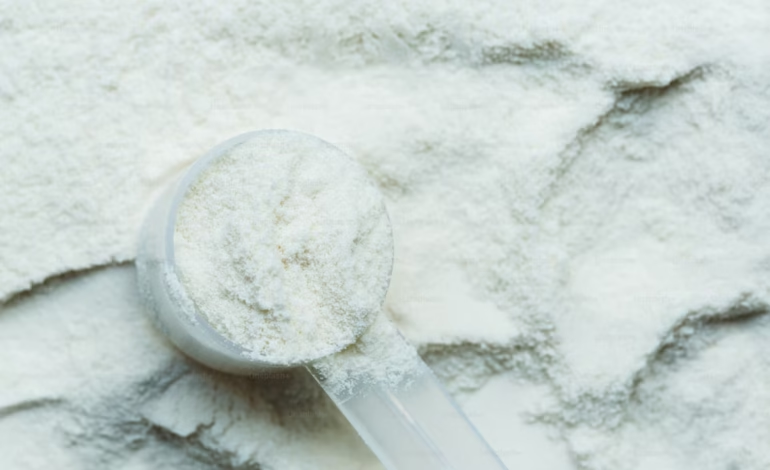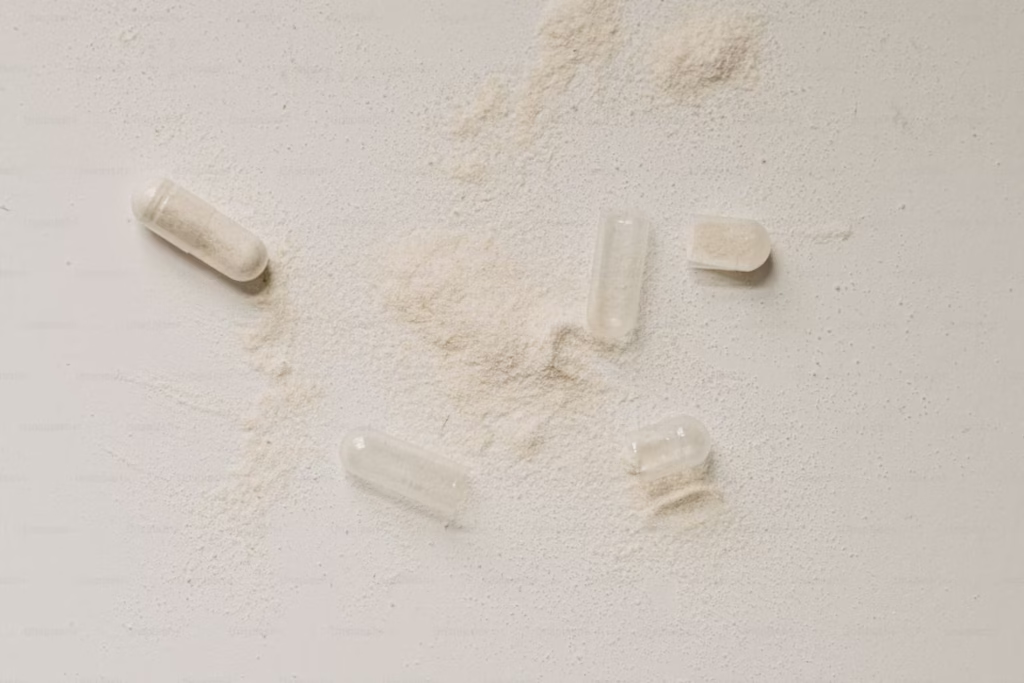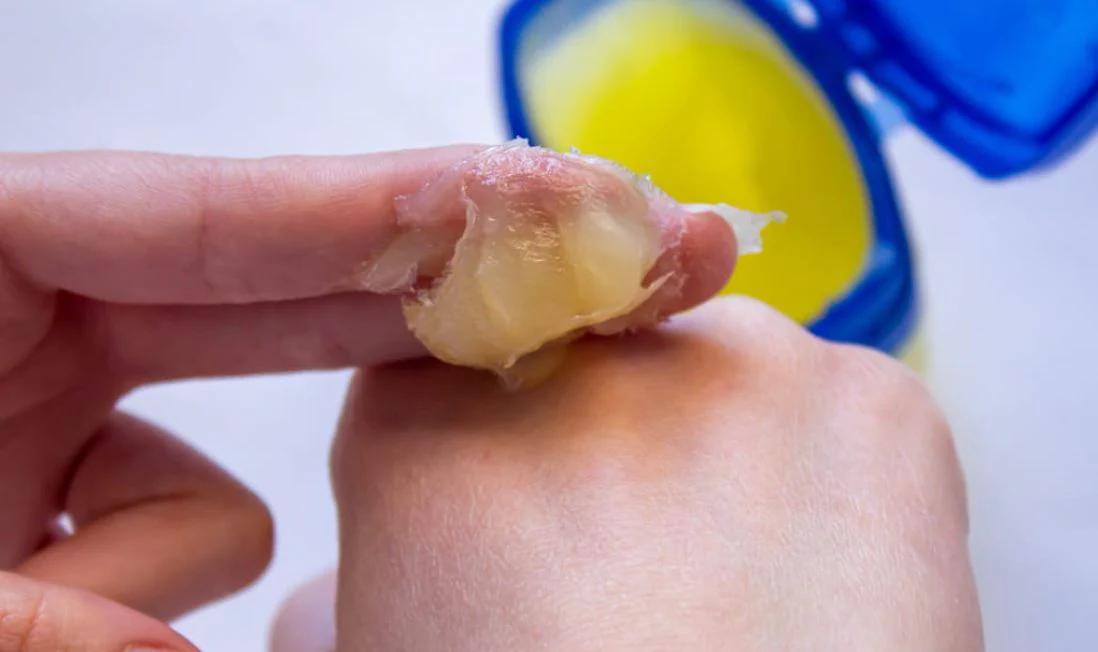The Collagen Supplement Lies We Were Told: Science vs. Hype in the Age of Anti-Aging”
The Beauty Powder I Swore By—Until the Research Caught Up I used to stir collagen into my morning matcha like it was sacred. Skin glowing? That was collagen. My knees

The Beauty Powder I Swore By—Until the Research Caught Up
I used to stir collagen into my morning matcha like it was sacred. Skin glowing? That was collagen. My knees not aching after a hike? Collagen. Nails like claws? Definitely collagen.
I believed in it. I told my friends to try it. Heck—I even wrote about it.
But then a new study dropped, and suddenly, everything I thought I knew about collagen supplements flipped.
The Collagen Supplement Lies We Were Told
Everywhere you look, healthy longevity doctors, dermatologists, and wellness influencers are pushing collagen as a “must-have” for anti-aging. It’s marketed as the elixir of youthful skin, strong joints, luscious hair, and long life.
But a major study in the 2025 issue of The American Journal of Medicine (AJM) just dropped a truth bomb:
👉 Collagen supplements show no clinically meaningful benefit for skin aging.
(Source: AJM, 2025)
Yes, you read that right.
All those glowing testimonials?
All those reels tagged #CollagenGlow?
All those “expert-backed” protocols selling powders at $80 a jar?
They’re based on marketing—not meaningful science.
So… Are Collagen Supplements a Scam? Not Exactly.

Let’s get one thing straight: collagen is real, and it is essential to our bodies. As the most abundant protein in the body, collagen supports:
- Skin structure
- Joint health and cartilage
- Hair and nails
- Gut lining
- Bone strength
And yes—collagen production declines after age 25, accelerating during perimenopause and menopause.
The issue?
There’s a massive disconnect between what collagen does in your body naturally vs. what oral supplements can actually deliver.
What the Latest Research Really Says
The AJM study reviewed dozens of randomized controlled trials on collagen supplementation and its effects on:
- Skin elasticity
- Wrinkle reduction
- Hydration
- Hair and nail strength
- Overall aging markers
The conclusion?
👉 The effects were either negligible or not statistically significant.
In plain English: Most people won’t see real, lasting skin improvements—even after months of daily use.
Why Doesn’t It Work Like They Say?
1. Collagen is Broken Down in the Gut
Once ingested, collagen peptides are digested into amino acids, just like any other protein. Your body can’t tell if they came from collagen powder or a chicken breast.
2. Absorption ≠ Destination
Even if collagen is absorbed, there’s no guarantee it reaches your skin, joints, or nails in a targeted way.
3. Marketing > Science
Many studies cited by collagen brands are industry-funded, with small sample sizes and inconsistent methods.
But Wait—Some Users Swear It Works
Here’s the nuance: individual results vary. Some people do notice improvements in skin texture, joint pain, or gut calmness.
Why? Possibly because:
- They were protein-deficient before
- They added vitamin C or made other lifestyle changes
- Their gut health improved independently
- The placebo effect is real and powerful
But if you’re banking on collagen to erase wrinkles or guarantee glow, you may be paying for hope—not proof.
How to Actually Support Collagen—Without Falling for Hype
You don’t need to toss your collagen powder in the trash, but you should shift your focus to real collagen support:
1. Prioritize Vitamin C
Collagen synthesis requires vitamin C—found in citrus, berries, bell peppers, and leafy greens.
2. Eat Collagen-Rich Whole Foods
Think: bone broth, fish skin, chicken skin, egg whites.
3. Protect Collagen with Lifestyle
- Use broad-spectrum SPF daily
- Avoid smoking and excessive sugar, which break down collagen
- Reduce chronic stress, which accelerates cellular aging
- Prioritize sleep and resistance training
4. Boost Protein Intake
Even if collagen supplements aren’t miracle powders, adequate daily protein helps your body make its own collagen naturally.
Read About: The Truth About Supplements: Are They Safe or Just Full of Crap?
The Bottom Line: Use It Wisely—Or Skip It Entirely
The truth? Collagen supplements won’t hurt you—but they may not help you as much as you’re led to believe.
If they’re part of a broader wellness protocol and make you feel good? Keep sipping.
But if you’re spending big and expecting miracles, it’s time to reset the narrative.
Skin health is deeper than a scoop of powder. Longevity is more than a hashtag.
Final Thoughts from a Former Believer
I still take collagen—sometimes.
Not because I expect it to transform my face, but because it fits into a routine that feels nourishing and consistent.
But I’ve stopped selling the fantasy.
Because aging gracefully isn’t about quick fixes—it’s about long-term care.And that starts with honest science, not hype.
By Izzy Malcolm for Ravoke.com








